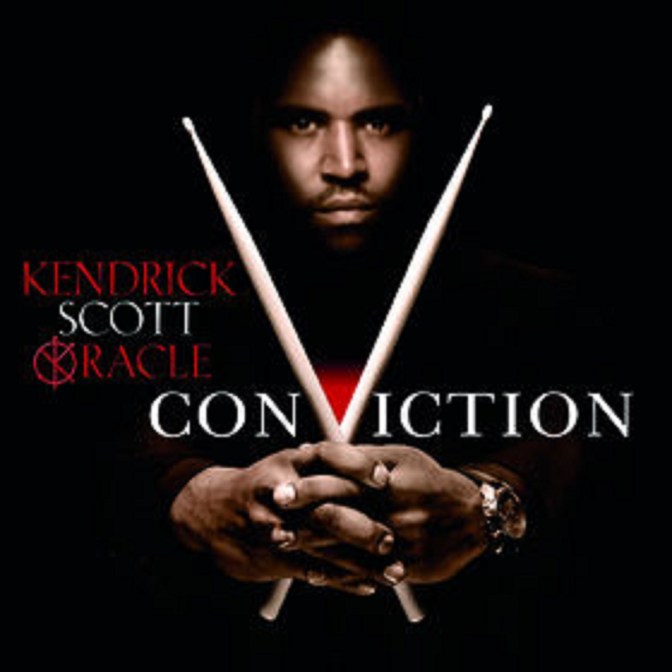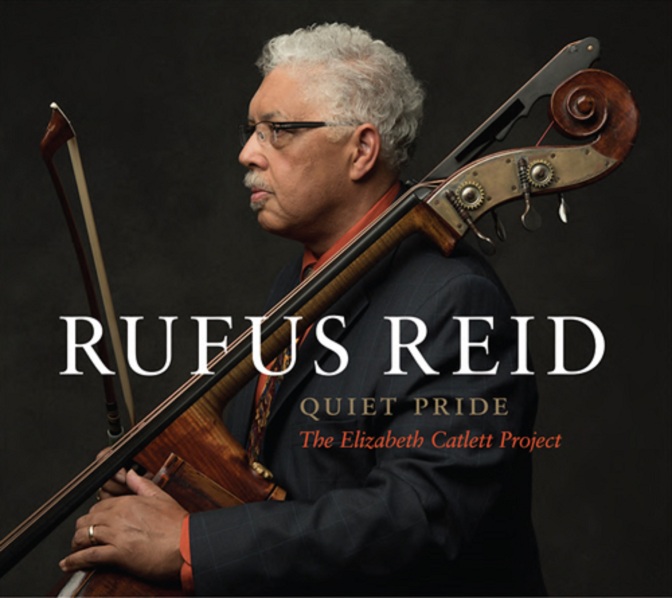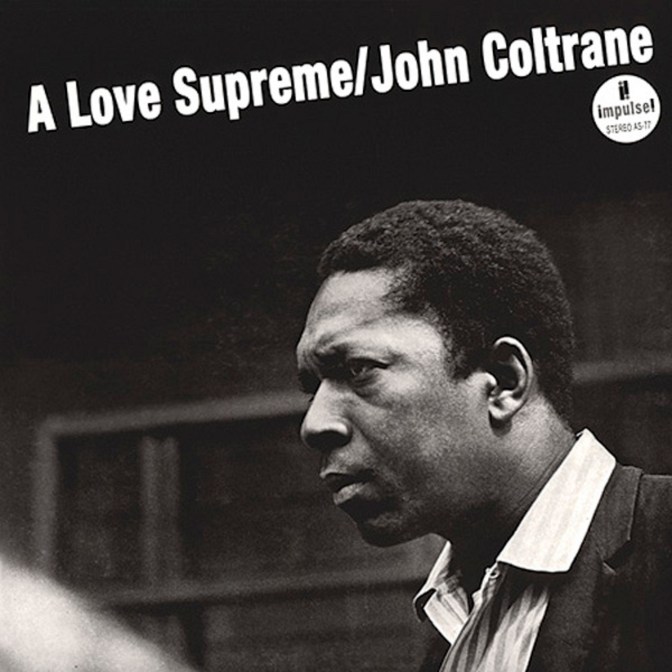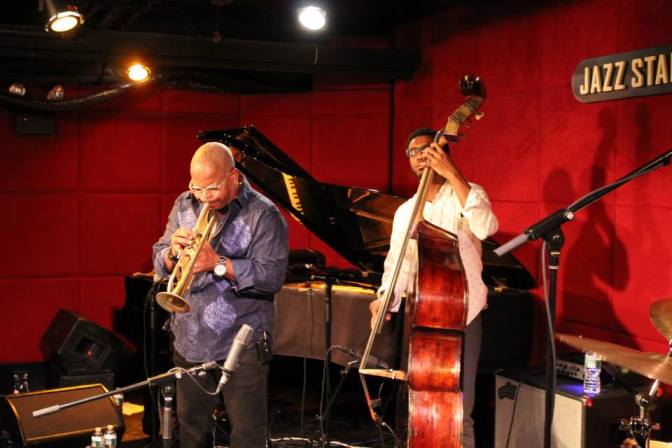Few jazz artists have the legacy of Ravi Coltrane. To say jazz is in his blood is an understatement; he is jazz royalty. His father, John Coltrane, created the quintessential jazz opus with Love Supreme and is actually a saint. His mother, Alice Coltrane, was a jazz pianist, composer, harpist and organist who led her own band and accompanied her husband.
Extending the legacy given to him by his parents, Ravi is an accomplished post-bop saxophonist. Since 1998 he has released six albums as a band leader, the last being Spirit Fiction in 2012 on Blue Note along with dozens of appearances as a sideman on various artists’ albums ranging from Steve Coleman to Flying Lotus. He is also the co-owner of RKM Music.
Although this winter has been one of the harshest in recent history, Coltrane’s appearance at Jazz Standard got February started on a smooth, sublime note. The Ravi Coltrane Quintet, comprised of Coltrane on tenor sax, Ralph Alessi on trumpet, Aaron Parks on piano, Bob Hurst on bass and Jeff “Train” Watts on drums, were featured at Jazz Standard from February 3-8. The set included five numbers; the first was Ornette Coleman’s Bird Food. The second was Word Order from Coltrane’s 2000 album From the Round Box. The third was a piece titled Between Lines. The set concluded with For Turiya a piece written for Alice Coltrane and Thelonious Monk’s Brilliant Corners with arrangements by Jeff Watts. The Ravi Coltrane Quintet played the role of shamen. They enchanted us with soothing, intricate layers of melody. Hearing Coltrane live with the accompaniment of Parks, Hurst, Alessi and Watts was magical. Overall it was like a hot toddy on a frosty night – warm, soothing with just the right dose of kick courtesy of Watts’ arrangement of Brilliant Corners. It swung with a bit of a hip hop beat and would make a perfect sample. As for Coltrane, he has successfully carried the legacy of his family all while carving a lane for himself. He has truly earned the moniker “renaissance man.”
Most clubs don’t live up to the illustrious names that their owners bequeath to them. Jazz Standard is the exception, it is the prototype of what jazz spot should be – intimate, comfortable and filled with melody. Located at 116 East 27th Street, any jazz buff can walk down a flight of stairs and treat themselves to a plate of barbeque and night of legendary talent and the best new artisans of jazz.







